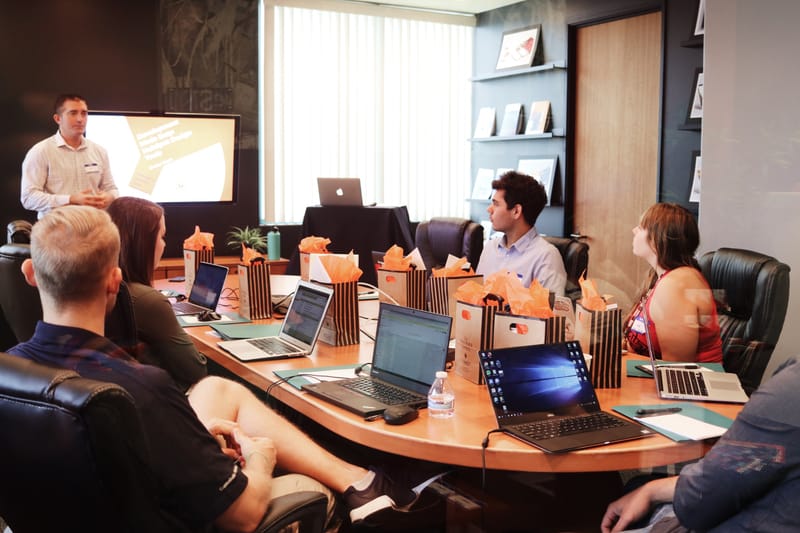SALAR IP
Trademarks & Patents Agents
Reliable & Competent Egypt Law Firm
What we stand for

We are a passionate bunch to work alongside. Our team of intellectual property experts include scientists, engineers, accountants, business strategists, lawyers, and commercialisation specialists dedicated to championing innovation, not just locally, but on a global scale.
Our vision is to be the most sought-after intellectual property firm across world
A bit about us
Our reason for being is to support innovative businesses – helping them grow locally and internationally.
With 75% of our clients based in the world, we know how to obtain and enforce effective IP rights All countries of the world
We are experts in all aspects of intellectual property. We go the extra mile to provide clients with connections to the right people, funding and investment opportunities, and offer strategic business advice. We facilitate valuable networking events and educate on the use of intellectual property to grow business.
We have a large and formidable intellectual property litigation team. We employ leading experts in all major technical fields and are the go-to firm for doing business in the world.
We share our comprehensive knowledge of intellectual property laws by writing and updating authoritative legal texts (used by law schools and other lawyers) and producing numerous learned articles.
How we can help
But that’s just the start of the conversation. Who else is in your space?
How can you expand into other markets? The right conversations at the right times can make a big difference to the speed and scale of your success. Whether you’re looking to grow or leverage your knowledge, technology, design or brand - you’ve come to the right place.

Trademarks Services
Trademark Overview
Distinguish your goods or services by using a trade mark. Your trade mark could include words, logos, shapes, colours, sounds, smells or any combination.
Learn MoreTrademark Registration
SALAR IP we provide full trademark registration services all over the world with special emphasize in Egypt at very competitive rates.
Learn MoreTrademark Watch
81% of trademark professionals surveyed experienced infringement last year.* *2019 Trademark Ecosystem Report
Learn MoreInvestment and company formation

Investment and company formation
The office provides investment services and company incorporation by an excellent selection of specialists who perform the following tasks:
Learn More
Second: Persons' companies
1- Solidarity Company 2- A simple recommendation company 3- The joint venture company
Learn MoreCOPYRIGHT

What is copyright?
Copyright (or author’s right) is a legal term used to describe the rights that creators have over their literary and artistic works. Works covered by copyright range from books, music, paintings, sculpture, and films, to computer programs, databases, advertisements, maps, and technical drawings.
What can be protected using copyright?
Exhaustive lists of works covered by copyright are usually not to be found in legislation. Nonetheless, broadly speaking, works commonly protected by copyright throughout the world include:
literary works such as novels, poems, plays, reference works, newspaper articles;
computer programs, databases;
films, musical compositions, and choreography;
artistic works such as paintings, drawings, photographs, and sculpture;
architecture; and
advertisements, maps, and technical drawings.
Copyright protection extends only to expressions, and not to ideas, procedures, methods of operation or mathematical concepts as such. Copyright may or may not be available for a number of objects such as titles, slogans, or logos, depending on whether they contain sufficient authorship.
What rights does copyright give me? What are my rights as author of a work?
There are two types of rights under copyright:
- economic rights, which allow the rights owner to derive financial reward from the use of their works by others; and
- moral rights, which protect the non-economic interests of the author.
- its reproduction in various forms, such as printed publication or sound recording;
- its public performance, such as in a play or musical work;
- its recording, for example, in the form of compact discs or DVDs;
- its broadcasting, by radio, cable or satellite;
- its translation into other languages; and
- its adaptation, such as a novel into a film screenplay.
Can I register copyright?
While patent law protects the novel and creative ideas of inventors, copyright law protects any original expressions of authors and writers even if the said expressions are spontaneous, artless, and has no level of creativity. With this slight overview, we can see how extensive rights that could easily be protected by copyright law.
The Berne Convention for the Protection of Literary and Artistic Works, usually known as the "Berne Convention", is an international copyright agreement composed of different countries thereby constituting a Union (Berne Union) for the protection of the rights of authors in their literary and artistic works. The Convention provides that copyright protection may not be conditioned on compliance with any formality, such as registration or deposit of copies. However, the basic elements of protection under the Berne Convention must be strictly observed in such a way that copyrights will be protected by requiring the signatories to honor and recognize the rights of all authors who are nationals of countries which are party to the Convention and that the laws of signatory States must provide the minimum levels of protection established by the Convention.
Another principal international convention for the protection of copyright is the "Universal Copyright Convention". It was created as an alternative to the Berne Convention for those states which are non-signatory to the Berne Convention but still wants to participate in some form of multilateral copyright protection. Some Berne Convention states also became party to the UCC so that their copyrights could be protected in states which are non-signatory to the Berne Convention.
The differences between Berne Convention and Universal Copyright Convention are with respect to duration of protection and formal requirements. As to duration of protection, the normal copyright protection mandated by the Berne Convention shall be during the lifetime of the author plus another 50 years from the time of death, subject to certain exceptions. On the other hand, the duration of copyright protection provided by the Universal Copyright Convention shall be during the lifetime of the author and not less than 25 years after the death of the author, subject to certain exceptions. With regard to formal requirements, the copyright protection under the Berne Convention does not depend on any formality, while the Universal Copyright Convention requires certain formalities as condition for copyright protection.
On the other hand, Rome Convention for the Protection of Performers, Producers of Phonograms and Broadcasting Organizations, otherwise known as "Rome Convention", was drafted in order to secure protection in performances of performers, phonograms of producers of phonograms and broadcasts of broadcasting organizations.
PATENTS

PATENTS
A patent is a right that is granted for any device, substance, method or process that is new, inventive and useful. A patent is a legally enforceable right to commercially exploit the invention for the life of the patent.
Don't go public too soon
Learn MorePatent Benefits
Learn Morepatent
Learn MoreCONTACT
- Cairo, Cairo Governorate, Egypt
- info@salar-worldip.com
- Mon-Fri - 08:00-19:00







